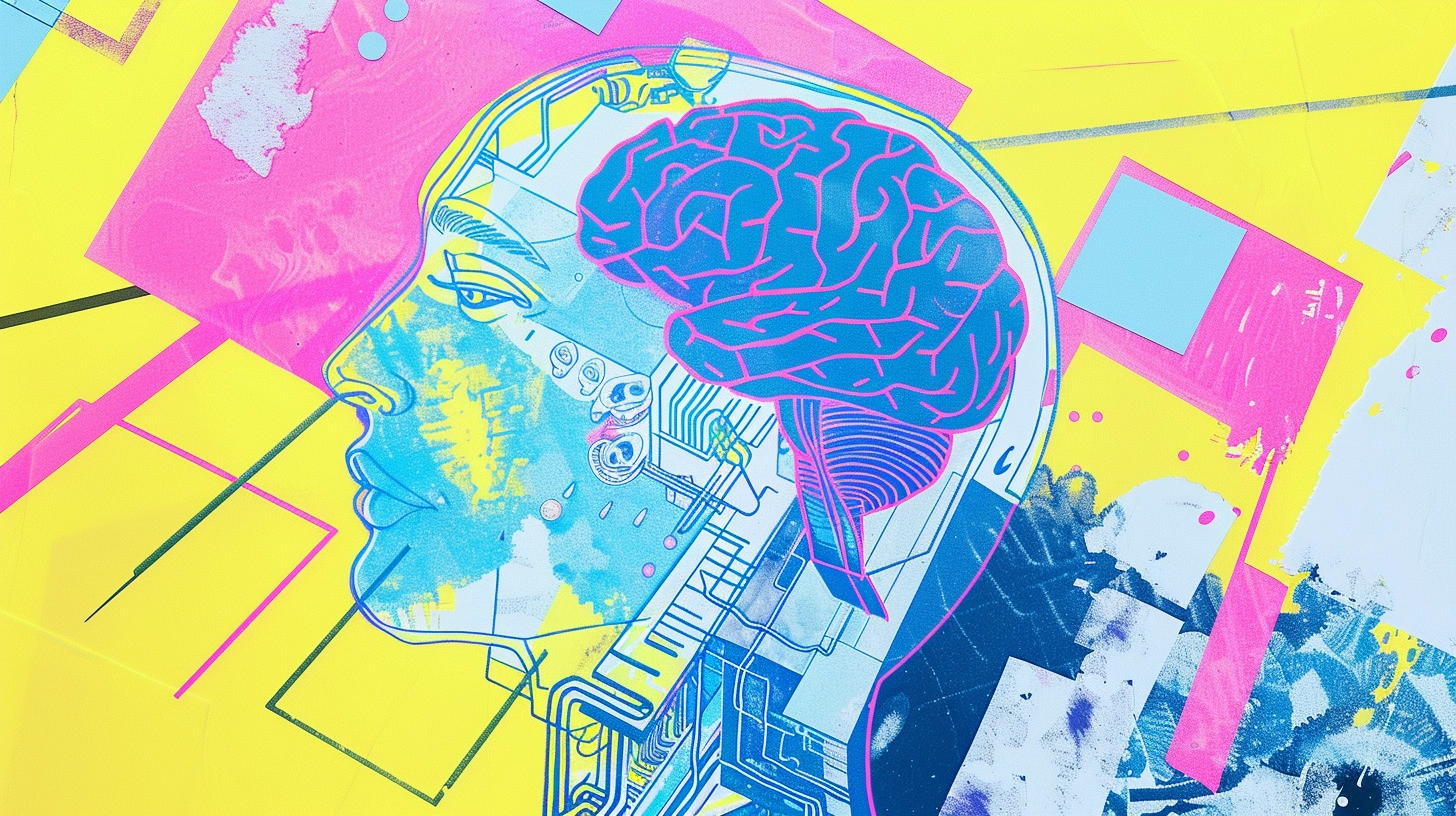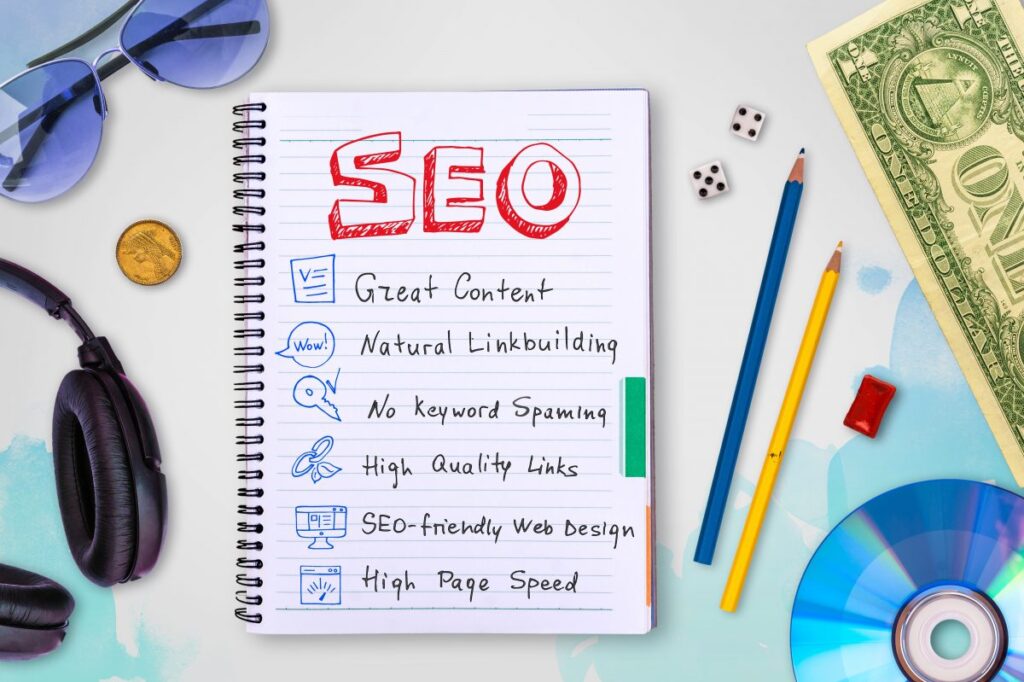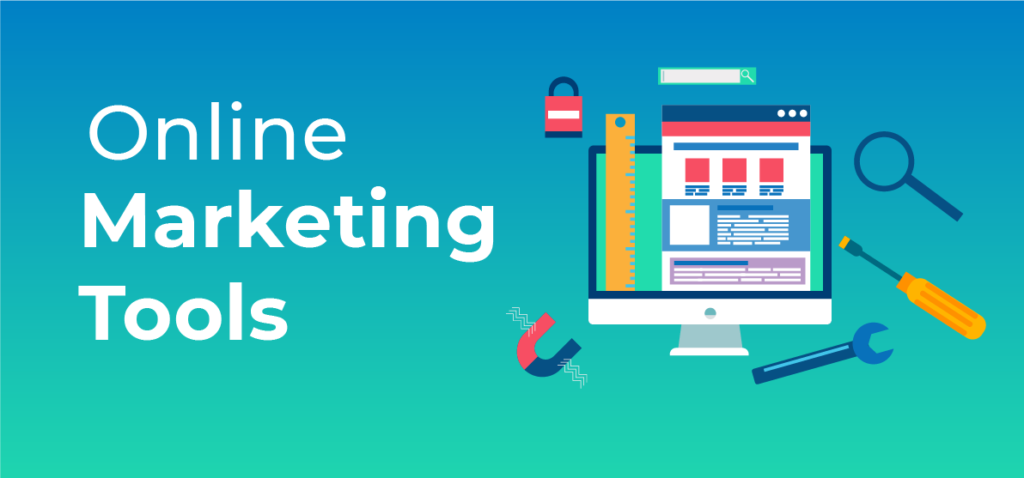With the rise of AI use, words like “machine learning” and “deep learning” have become part of our everyday vocabulary. But what exactly is machine learning, and how can it be applied to marketing?
As its name implies, it’s the learning ability of machines. How does that help us? When machines start to ”learn” patterns and understand data, they can make inferences based on that information.
Let’s learn how to use machine learning for marketing and explore some use cases and tools to help you get started.
What is Machine Learning?
Machine learning is a subcategory of artificial intelligence (AI) that involves training algorithms to learn from data and make predictions or decisions without being explicitly programmed. It’s a way for machines to learn and improve from experience, just like humans do.
Tweet about machine learning
UC Berkeley divides a machine learning algorithm’s learning system into three parts:
- Decision Process: You train your machine learning algorithm on a data set. It will then use that data to make a classification or prediction based on a pattern it has identified.
- Error Function: This is the evaluation process. If known examples are available, the error function will compare the predicted output to assess the model’s accuracy.
- Optimization Process: If the model has a margin to fit more closely to the training set’s data points, it will readjust itself to reduce the discrepancy between the model estimate and the previously known example.
How Does Machine Learning Compare to AI and Deep Learning
AI is a broader concept that simulates human intelligence with machines. It includes machine learning, natural language processing, and other techniques. AI involves three main skills:
- Learning
- Reasoning
- Self-correction
An AI system learns over time and corrects itself with new knowledge to reach optimal performance.
Machine learning is a subset of AI that employs algorithms to understand the relationship between inputs and outputs from known data.
A machine learning algorithm’s predictions may be supervised or unsupervised. In the former, the algorithm learns from labeled data to predict outcomes. In unsupervised learning, there is no known outcome. The algorithm looks for patterns in the data and groups them into clusters.
Deep learning is a subset of machine learning that uses neural networks similar to those in the human brain to process complex data.
So, the hierarchy is AI → Machine Learning → Deep Learning.
How to Use Machine Learning for Marketing?
As we’ve established, machine learning algorithms can find patterns in data sets and draw insights to make predictions. Applied to marketing, these algorithms can be used to:
- Segment customers
- Predict customer churn and retention
- Identify potential customers and leads
- Optimize marketing campaigns
- Personalize customer experiences
- Detect fraud or anomalies in transactions
- Identify upselling opportunities
Use of machine learning in marketing (Tweet)
Past and present customer data will be the foundation for machine-learning marketing algorithms. The data may include demographic information, customer interactions, purchase history, and social media activity.
Quick Read: AI’s Role in Marketing Automation!
4 Use Cases of Machine Learning for Marketing
Here are four ways you can use machine learning for marketing. We also discuss some helpful tools.
- Customer Segmentation
Today’s customer base is quite diverse. You’ve got people from different generations and backgrounds. They all have different needs that they expect brands to cater to.
Segmenting customers into smaller groups helps you better understand them and personalize your marketing efforts. Machine learning algorithms can use clustering techniques to group customers based on similar characteristics and behaviors.
You might already be using conventional customer segmentation methods, but they are prone to missing certain factors that a machine learning algorithm could pinpoint.
For example, you may segment your customers by age group. However, this does not yield the desired results.
Machine learning algorithms could detect hidden patterns, such as certain behaviors or interests, shared by customers of different age groups. They can then group these customers into more specific segments, allowing you to target them with highly relevant marketing campaigns.
Some tools for customer segmentation are as follows.
Heap.io
Heap.io
Heap.io is an AI customer segmentation tool that creates cohorts based on users’ real-time actions on your app or website. It learns how customers navigate your company’s digital experience and then segments them accordingly.
Due to its comprehensive analytics capabilities, Heap.io has quickly become a favorite among experts.
Tweet about Heap.io
BlastPoint
BlastPoint
BlastPoint offers AI-powered segmentation to create user personas and personalize customer experience. After segmentation, the tool’s Customer Intelligence Platform further offers insights to inform marketing strategies.
- Personalized Recommendations
By 2023, 75% of customers expected personalized experience with retailers. That should be enough to convince you of the importance of personalized recommendations for customers.
Machine learning algorithms provide recommendations to customers based on their past purchases or interests. For example, if a customer has previously bought running shoes, the algorithm may recommend related products such as workout clothes or fitness trackers.
Since the recommendations are personalized, customers are more likely to take action. Personalized recommendations also improve customer spend and business revenue.
Here are some helpful AI tools to generate product recommendations for customers.
Zendesk AI
Zendesk AI provides recommendations to customers based on their search intent. It also contacts customers through a smart ticketing system to answer their questions.
Zendesk AI
Zendesk AI has helped many companies improve their customer experiences. For example, it improved Next Official’s ticket resolution rate by 92%.
Tweet about Zendesk Ai
Gorgias
Gorgias is a dedicated customer support tool for e-commerce companies. Built with Shopify in mind, the tool manages orders, generates product recommendations, resolves shipping issues, and suggests customer need-based products.
Gorgias AI
- Customer Lifetime Value Prediction
Ideally, you want your customers to stick with you for a lifetime. But that doesn’t always happen.
Why? You’re not always sure where the customer lost engagement or interest. Machine learning can help in this regard.
Knowing their customer lifetime value (CLTV) helps predict future revenue streams, allocate resources, and prioritize marketing strategies from the most profitable segments of your customer base. Here are some tools to help predict CLTV.
Pecan
Pecan.ai
Pecan claims to turn your marketing team into a ”predictive powerhouse,” and rightfully so. It analyzes who your happiest customers are and forecasts revenue generation from them for the next few months to a year.
It also:
- Creates and refines upselling or cross-selling opportunities
- Identifies very important customers (VIPs) within two weeks of their joining
- Improves your marketing efficiency by 20%
Fiddler
Fiddler
Fiddler uses machine learning to help you respond to customer changes, such as changes in preferences or when customers stop using your product. Besides predicting customer lifetime value, Fiddler also gives insights into customers at risk of churn and why.
- Lead Scoring
Lead scoring is also a sort of prediction where you predict the likelihood of a lead converting into a customer. A higher score signifies a more likely conversion. Your sales team can focus on those leads to increase their chances of closing deals.
You don’t have to do this manually anymore. Machine learning models offer a more sophisticated and in-depth approach to lead scoring. Here are some tools to help you with this task.
Einstein
Salesforce Einstein
Einstein is an AI-assisted lead-scoring feature within Salesforce. It compares your current leads to the ones you have previously converted to find similarities.
The best part about this tool is that it refreshes and updates the lead data every 10 days, so you’re always up to speed. It also gives your leads a score that you can use to decide where to allocate your resources.
HubSpot
Hubspot lead scoring software
HubSpot’s predictive lead-scoring software prioritizes your leads using thousands of data points. You can also create your own scoring system for lead qualification.
Tweet about Hubspot’s lead-scoring software
As you continue to use the system, it becomes smarter over time. So, you can expect it to improve its predictions and recommendations for your business.
Conclusion
As it becomes more widely used, machine learning is bound to change the face of marketing. It’s best to jump on the bandwagon early and start reaping the benefits of these tools now.





